Swedish FM on Serbia's EU bid, Kosovo
Thursday, 10.11.2011.
16:54

Swedish FM on Serbia's EU bid, Kosovo B92: Mr. Bildt, the word is that there is a change of mood within the European Union regarding December 9, when we expect a decision to be made on Serbia’s candidate status. Is it true that your colleagues in Germany are now reluctant to vote "yes’"for that? Bildt: Well, I am somewhat worried that there is a change of mood concerning not specifically Serbia but enlargement because Europe is having some financial and economic problems at the moment. But in my view we must keep up with the enlargement in spite of that. But I do see certain trends in a number of countries where they are becoming more inward looking in a way which I think is regrettable and potentially dangerous. B92: But this piece of news coming from Brussels is very specific. It talks about disappointment, disgruntlement in Germany regarding the current situation on the administrative border and that because of that Serbia should not be given the candidate status. Bildt: There are all sorts of rumors, but I mean of course the situation in Kosovo is not good. I think it has deteriorated significantly since the end of July. That is a source of worry. I’ve been discussing it in Pristina extensively and in Mitovica today and we’ve been discussing it here. And clearly we want everyone to make whatever contribution they can make to overcome the difficulties there, in short term as well as long term. It is a serious situation and it has gotten worse. B92: What is the precondition for Serbia to obtain the candidate status? Is it the removal of the barricades or what is it? Bildt: I mean, the Commission has been very clear. The first, basic requirement is to meet all of the Copenhagen criteria and all of the other things and basically Serbia has fulfilled that. So I think that Serbia has in that respect done a very good job. Then, it is the dialogue between Belgrade and Pristina, which something that we attach a great importance to. A number of agreements have been concluded, I think it is important that those agreements are properly implemented and done as soon as possible. I think there are some further steps that need to be taken. I think they will also contribute to general gradual relaxation of the situation in northern Kosovo. I don’t think that will happen immediately. B92: But Mr. Bildt, Germany was also very clear – until the barricades go there will be no candidate status for Serbia. Is that your understanding? Bildt: You will have to ask Germans about the Germans. In my opinion, I would like every barricade to go in Kosovo. I am not quite certain that that is in the power of Belgrade in every single respect. It’s a difficult situation there and there are X numbers of reasons for it, primarily what happened in the end of July. B92: The operation you criticized the Albanians for? Bildt: Which I think everyone criticized for. I mean, every representative of the international community said, "We didn’t know anything about this", and implicit in that is that we thought that was the move that was destabilizing and we are now dealing with the consequences of that and I think overall Belgrade has been responding to that in a rather responsible manner. B92: What do you think, is it likely for Belgrade to get the desired status or not? Bildt: I would not like to say anything about that. B92: If it was a done deal you would, right? Bildt: No, I wouldn’t if it was a done deal because by nature no deals are done. I mean, leave Germany aside. B92: If you can. I think it is not possible to leave Germany aside. Bildt: No, you can’t leave any of the countries aside. But what I mean is that I am somewhat worried about the tendency in a number of countries to say that the enlargement is no longer important and to lose the strategic perspective in the Balkans which I think is dangerous. I think we have a European responsibility to back away from that, be that Bosnia, be that Serbia, be that Kosovo, be that other countries, it would be dangerous. B92: Who should we believe Mr. Bildt? You, when you say that resolution of the crisis in Kosovo, the crisis in northern Kosovo, takes time - or should we take into consideration what the others are saying, that the situation has to be resolved as soon as possible by December 9 if possible? Because those are two quite different messages. Bildt: Those are quite two different messages but they are not necessarily contradictory. Because there is a basic situation in northern Kosovo that I don’t think anyone believes can be solved by December 9. Then there are some issues that can be sorted out by December 9. B92: Such as? Bildt: Well I think the issues related to the dialogue and what can be achieved there, which is important, we tested that with the water management and all sorts of issues. But what there is in northern Kosovo is a basic distrust between the authorities in Pristina and most of the population of northern Kosovo. That cannot be solved by next week but I think that it is immensely important, and I gave that message very clearly in Pristina yesterday, that they make more in order to gain the confidence and support, grudging perhaps, over time, of all the citizens of Kosovo, including those north of the Ibar River. If that is not done, there is a risk that we will get a crisis of this sort time after time, after time, after time and that is not in the interest of anyone. B92: Do you think the day will ever come for the Serbs to trust Hashim Thaci’s government? Bildt: It’s not a question of individuals, it’s the question of the fact that they are living in Kosovo. And there will be Albanians, there will be Serbs, there will be Roma, there will be Bosnians living in Mitrovica as well. It’s like Serbia, there are different people living there. And the borders in the Balkans are what the borders are and they are not going to be changed. B92: Are you sure about that? What about rectification of borders? That is the idea that is also circulating among certain diplomats. Bildt: Those diplomats you can forget or they can forget about that. I think we have been very firm. That relates to Kosovo, it relates to Bosnia, it relates to wherever, changing borders in the Balkans is not an option. I remember when I went to southern Serbia, when I went to Presevo or Bujanovac when I was delivering that message very, very clearly couple of years ago. B92: And you think it’s the same situation? Bildt: The same situation, the same situation in Macedonia. Same is same, borders are not to be changed. One of the key things, not only in the Balkans but in Europe, is that we have to live within the borders we have and then we have to live together. B92: That could be the message for Kosovo Albanians but they got their independence. Bildt: That could be the message for Swedes and Serbs and Bosnians and whoever. B92: I have only one question now and I appreciate your time. What is the essence of the "Ahtisaari plus plan" that is being slightly introduced or as they call it “the EU’s comprehensive plan for northern Kosovo”? Bildt: I don’t think there is any such plan. B92: It was introduced in Pristina by the ambassadors of France and Germany. Bildt: Then you will have to ask them. B92: You know nothing about that? Bildt: There are so many things. I mean the Balkans is always filled with rumors. B92: I am sure you have heard about the rumor that the Ahtisaari plan should be improved. Bildt: I’ve heard a lot of other rumors as well. But I prefer to base my policies on facts and you can do this in different ways. But clearly there is a need for the authorities in Pristina to do more, to gain the confidence long-term of all the citizens of Kosovo, including those that are north of the Ibar River. And there are concrete ways in which that can be done. That is primarily up to the authorities in Pristina to do it. B92: And what should Belgrade do? Bildt: Well, Belgrade should be encouraging that as well. Of course, I mean Belgrade has a lot of contacts and gives a lot of support to the Serbs there. That’s perfectly OK for health and education and all sorts of things, so Belgrade is to certain extent a part of the story but the main responsibility is with the authorities in Pristina because they are their citizens and if we from the European Union in any sort of way can help, and I think we probably can in dialogue with Pristina, we will certainly do that. Understanding that this is a long-term issue but understanding that if we fail in it we have a conflict in the Balkans that will be to the detriment of Serbia and to the detriment of Kosovo and to the detriment of us all. B92: But going back to the deadline that we both are on. Should the barricades remain where they are now, should the Serbs from northern Kosovo remain where they are now? Do you think that there is a chance for Serbia to advance on December 9? Bildt: I think the barricades are useless, I mean, they are counterproductive. B92: Not from the position of Kosovo Serbs? Bildt: Even from their point of view. I mean life becomes somewhat more difficult, food becomes more expensive, they can’t trade as they used to do, they can’t move around. I mean if you put up barricades all across Belgrade it would be quite a nuisance and the same applies of course to northern Kosovo. B92: Barricades brought the independence to Kosovo. Bildt: Well, I wouldn’t say that. B92: But let us not go into that. Do you think that Serbia will obtain the candidate status if the barricades remain? Bildt: I don’t think that is the relationship. I think there are other issues. But then of course we would like to have the freedom of movement for everyone. I saw that there were barricades put up by Albanians to stop Serbs from coming back to their village. We don’t like that either, there should be the freedom of movement for Serbs, for Albanians for the international community wherever it is in the Balkans, of course. B92: Thank you very much for your time. Bildt: Thank you. Carl Bildt (Tanjug) Below is the transcript of the interview with Swedish Foreign Minister Carl Bildt broadcast on B92 TV on November 9: Journalist: Ljubica Gojgic "What there is in northern Kosovo is a basic distrust between the authorities in Pristina and most of the population of northern Kosovo. That cannot be solved by next week but I think that it is immensely important, and I gave that message very clearly in Pristina..."
Swedish FM on Serbia's EU bid, Kosovo
B92: Mr. Bildt, the word is that there is a change of mood within the European Union regarding December 9, when we expect a decision to be made on Serbia’s candidate status. Is it true that your colleagues in Germany are now reluctant to vote "yes’"for that?Bildt: Well, I am somewhat worried that there is a change of mood concerning not specifically Serbia but enlargement because Europe is having some financial and economic problems at the moment. But in my view we must keep up with the enlargement in spite of that. But I do see certain trends in a number of countries where they are becoming more inward looking in a way which I think is regrettable and potentially dangerous.
B92: But this piece of news coming from Brussels is very specific. It talks about disappointment, disgruntlement in Germany regarding the current situation on the administrative border and that because of that Serbia should not be given the candidate status.
Bildt: There are all sorts of rumors, but I mean of course the situation in Kosovo is not good. I think it has deteriorated significantly since the end of July. That is a source of worry. I’ve been discussing it in Priština extensively and in Mitovica today and we’ve been discussing it here. And clearly we want everyone to make whatever contribution they can make to overcome the difficulties there, in short term as well as long term. It is a serious situation and it has gotten worse.
B92: What is the precondition for Serbia to obtain the candidate status? Is it the removal of the barricades or what is it?
Bildt: I mean, the Commission has been very clear. The first, basic requirement is to meet all of the Copenhagen criteria and all of the other things and basically Serbia has fulfilled that. So I think that Serbia has in that respect done a very good job. Then, it is the dialogue between Belgrade and Priština, which something that we attach a great importance to. A number of agreements have been concluded, I think it is important that those agreements are properly implemented and done as soon as possible. I think there are some further steps that need to be taken. I think they will also contribute to general gradual relaxation of the situation in northern Kosovo. I don’t think that will happen immediately.
B92: But Mr. Bildt, Germany was also very clear – until the barricades go there will be no candidate status for Serbia. Is that your understanding?
Bildt: You will have to ask Germans about the Germans. In my opinion, I would like every barricade to go in Kosovo. I am not quite certain that that is in the power of Belgrade in every single respect. It’s a difficult situation there and there are X numbers of reasons for it, primarily what happened in the end of July.
B92: The operation you criticized the Albanians for?
Bildt: Which I think everyone criticized for. I mean, every representative of the international community said, "We didn’t know anything about this", and implicit in that is that we thought that was the move that was destabilizing and we are now dealing with the consequences of that and I think overall Belgrade has been responding to that in a rather responsible manner.
B92: What do you think, is it likely for Belgrade to get the desired status or not?
Bildt: I would not like to say anything about that.
B92: If it was a done deal you would, right?
Bildt: No, I wouldn’t if it was a done deal because by nature no deals are done. I mean, leave Germany aside.
B92: If you can. I think it is not possible to leave Germany aside.
Bildt: No, you can’t leave any of the countries aside. But what I mean is that I am somewhat worried about the tendency in a number of countries to say that the enlargement is no longer important and to lose the strategic perspective in the Balkans which I think is dangerous. I think we have a European responsibility to back away from that, be that Bosnia, be that Serbia, be that Kosovo, be that other countries, it would be dangerous.
B92: Who should we believe Mr. Bildt? You, when you say that resolution of the crisis in Kosovo, the crisis in northern Kosovo, takes time - or should we take into consideration what the others are saying, that the situation has to be resolved as soon as possible by December 9 if possible? Because those are two quite different messages.
Bildt: Those are quite two different messages but they are not necessarily contradictory. Because there is a basic situation in northern Kosovo that I don’t think anyone believes can be solved by December 9. Then there are some issues that can be sorted out by December 9.
B92: Such as?
Bildt: Well I think the issues related to the dialogue and what can be achieved there, which is important, we tested that with the water management and all sorts of issues. But what there is in northern Kosovo is a basic distrust between the authorities in Priština and most of the population of northern Kosovo. That cannot be solved by next week but I think that it is immensely important, and I gave that message very clearly in Priština yesterday, that they make more in order to gain the confidence and support, grudging perhaps, over time, of all the citizens of Kosovo, including those north of the Ibar River. If that is not done, there is a risk that we will get a crisis of this sort time after time, after time, after time and that is not in the interest of anyone.
B92: Do you think the day will ever come for the Serbs to trust Hashim Thaci’s government?
Bildt: It’s not a question of individuals, it’s the question of the fact that they are living in Kosovo. And there will be Albanians, there will be Serbs, there will be Roma, there will be Bosnians living in Mitrovica as well. It’s like Serbia, there are different people living there. And the borders in the Balkans are what the borders are and they are not going to be changed.
B92: Are you sure about that? What about rectification of borders? That is the idea that is also circulating among certain diplomats.
Bildt: Those diplomats you can forget or they can forget about that. I think we have been very firm. That relates to Kosovo, it relates to Bosnia, it relates to wherever, changing borders in the Balkans is not an option. I remember when I went to southern Serbia, when I went to Preševo or Bujanovac when I was delivering that message very, very clearly couple of years ago.
B92: And you think it’s the same situation?
Bildt: The same situation, the same situation in Macedonia. Same is same, borders are not to be changed. One of the key things, not only in the Balkans but in Europe, is that we have to live within the borders we have and then we have to live together.
B92: That could be the message for Kosovo Albanians but they got their independence.
Bildt: That could be the message for Swedes and Serbs and Bosnians and whoever.
B92: I have only one question now and I appreciate your time. What is the essence of the "Ahtisaari plus plan" that is being slightly introduced or as they call it “the EU’s comprehensive plan for northern Kosovo”?
Bildt: I don’t think there is any such plan.
B92: It was introduced in Priština by the ambassadors of France and Germany.
Bildt: Then you will have to ask them.
B92: You know nothing about that?
Bildt: There are so many things. I mean the Balkans is always filled with rumors.
B92: I am sure you have heard about the rumor that the Ahtisaari plan should be improved.
Bildt: I’ve heard a lot of other rumors as well. But I prefer to base my policies on facts and you can do this in different ways. But clearly there is a need for the authorities in Priština to do more, to gain the confidence long-term of all the citizens of Kosovo, including those that are north of the Ibar River. And there are concrete ways in which that can be done. That is primarily up to the authorities in Priština to do it.
B92: And what should Belgrade do?
Bildt: Well, Belgrade should be encouraging that as well. Of course, I mean Belgrade has a lot of contacts and gives a lot of support to the Serbs there. That’s perfectly OK for health and education and all sorts of things, so Belgrade is to certain extent a part of the story but the main responsibility is with the authorities in Priština because they are their citizens and if we from the European Union in any sort of way can help, and I think we probably can in dialogue with Priština, we will certainly do that. Understanding that this is a long-term issue but understanding that if we fail in it we have a conflict in the Balkans that will be to the detriment of Serbia and to the detriment of Kosovo and to the detriment of us all.
B92: But going back to the deadline that we both are on. Should the barricades remain where they are now, should the Serbs from northern Kosovo remain where they are now? Do you think that there is a chance for Serbia to advance on December 9?
Bildt: I think the barricades are useless, I mean, they are counterproductive.
B92: Not from the position of Kosovo Serbs?
Bildt: Even from their point of view. I mean life becomes somewhat more difficult, food becomes more expensive, they can’t trade as they used to do, they can’t move around. I mean if you put up barricades all across Belgrade it would be quite a nuisance and the same applies of course to northern Kosovo.
B92: Barricades brought the independence to Kosovo.
Bildt: Well, I wouldn’t say that.
B92: But let us not go into that. Do you think that Serbia will obtain the candidate status if the barricades remain?
Bildt: I don’t think that is the relationship. I think there are other issues. But then of course we would like to have the freedom of movement for everyone. I saw that there were barricades put up by Albanians to stop Serbs from coming back to their village. We don’t like that either, there should be the freedom of movement for Serbs, for Albanians for the international community wherever it is in the Balkans, of course.
B92: Thank you very much for your time.
Bildt: Thank you.





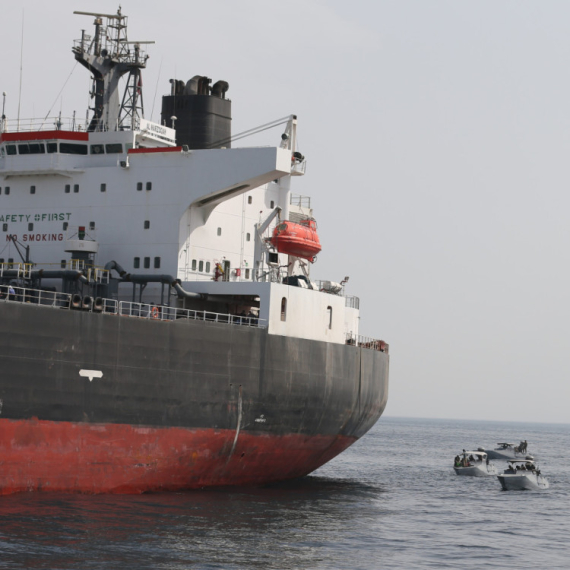




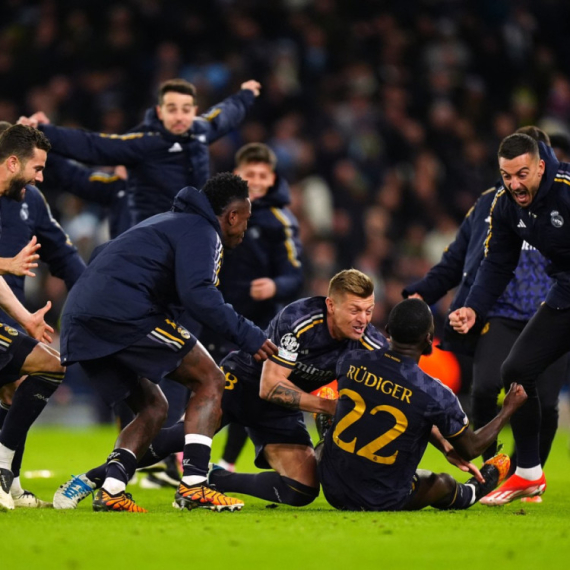

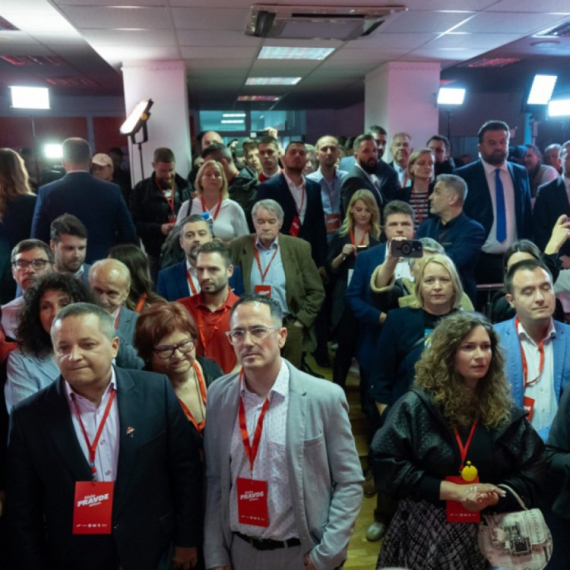
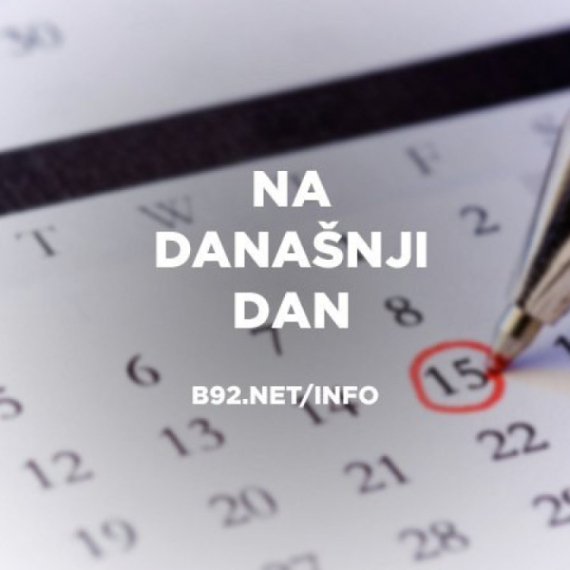
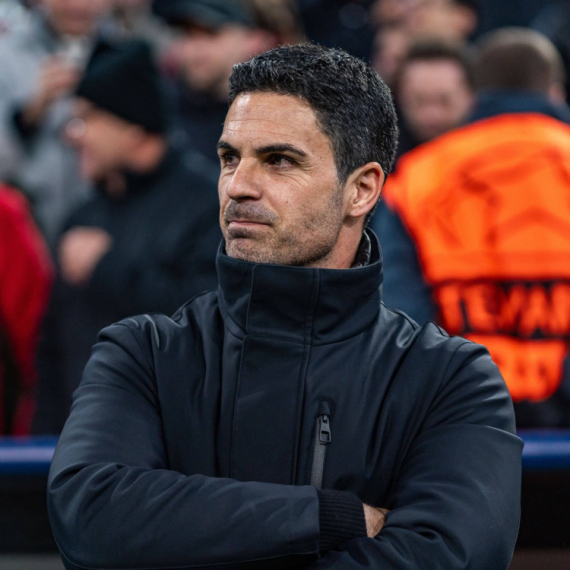
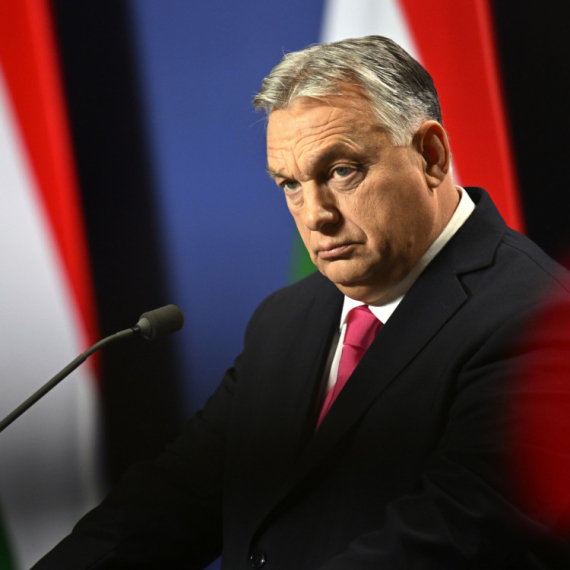
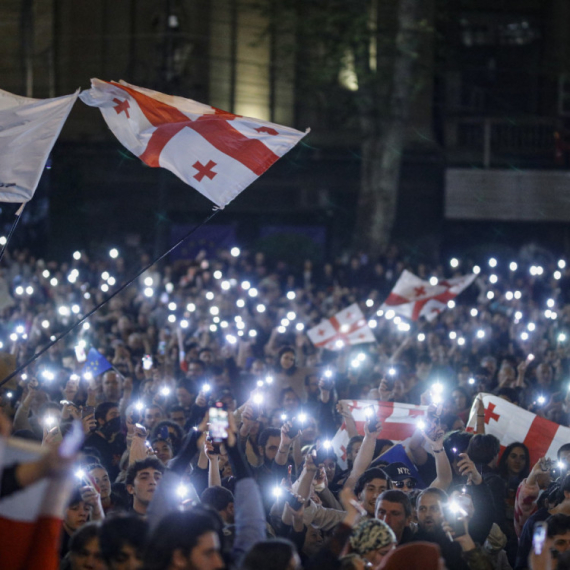

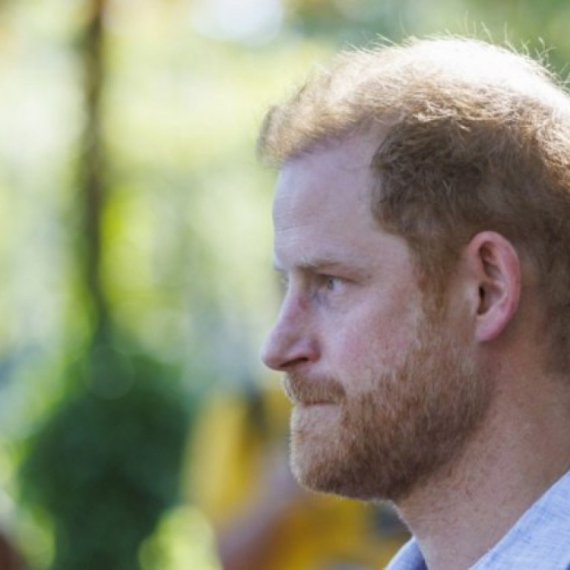






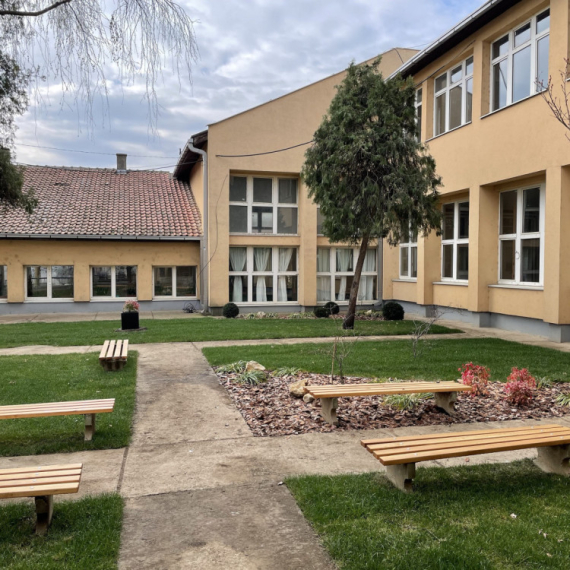





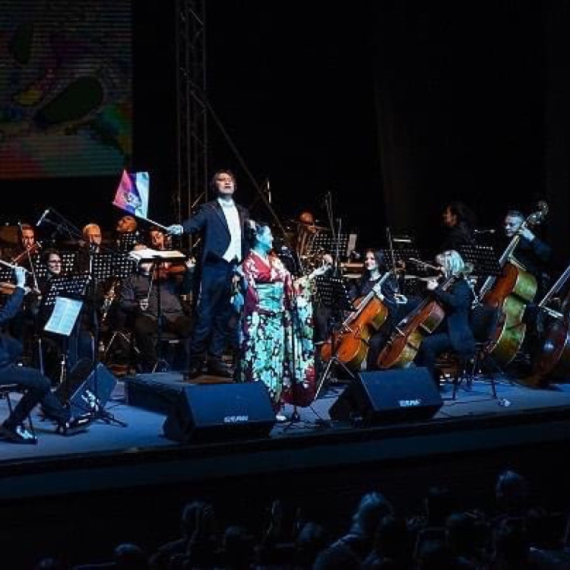





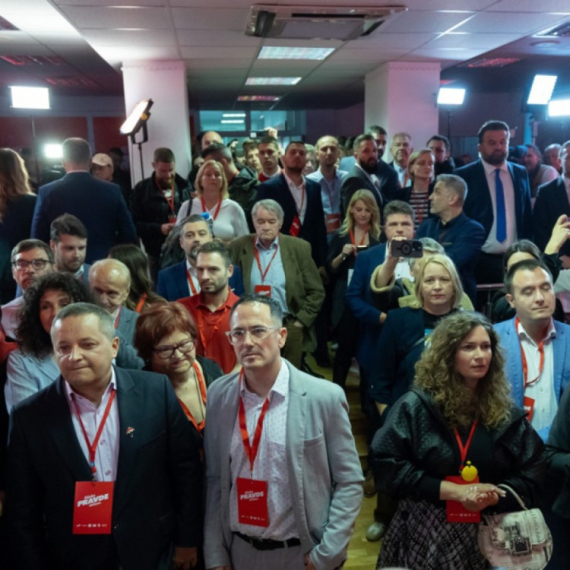

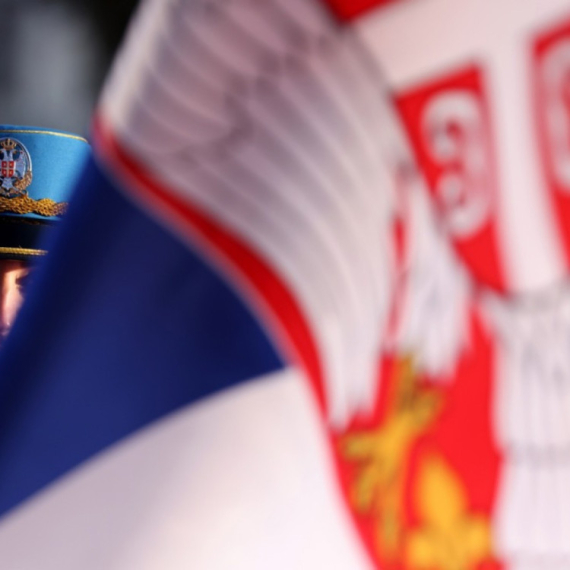

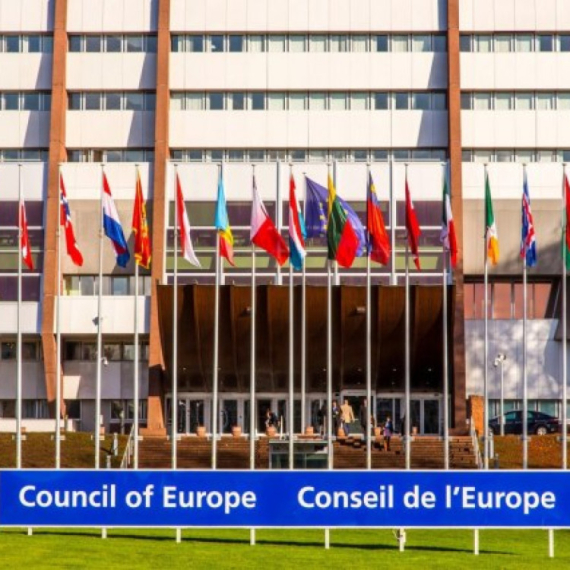



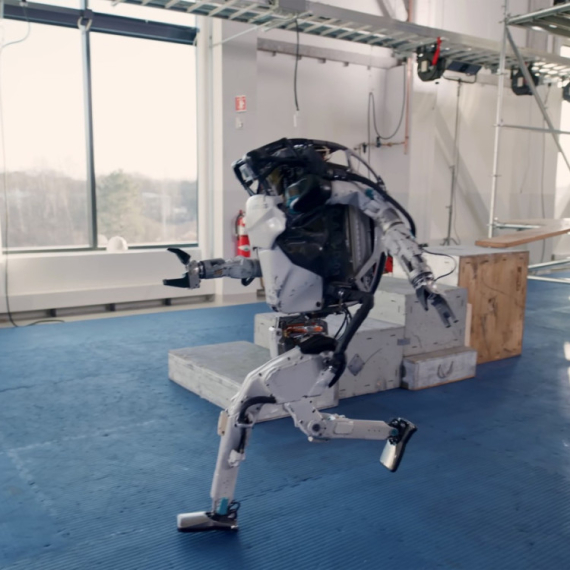




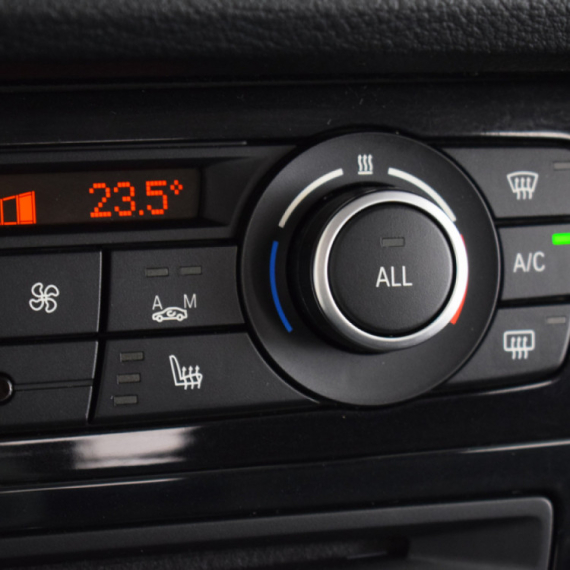
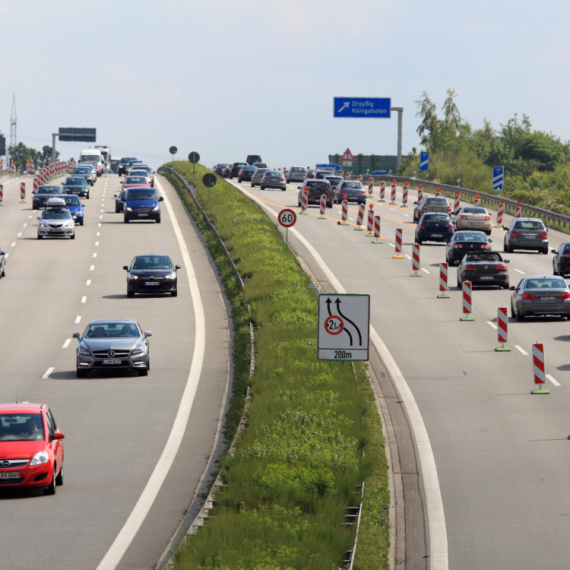
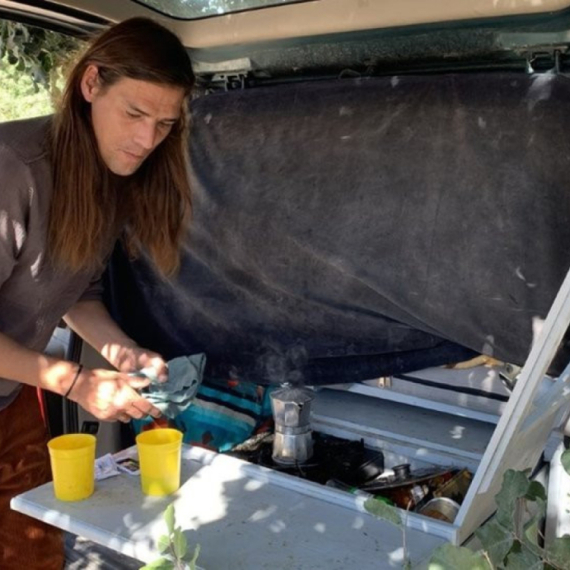
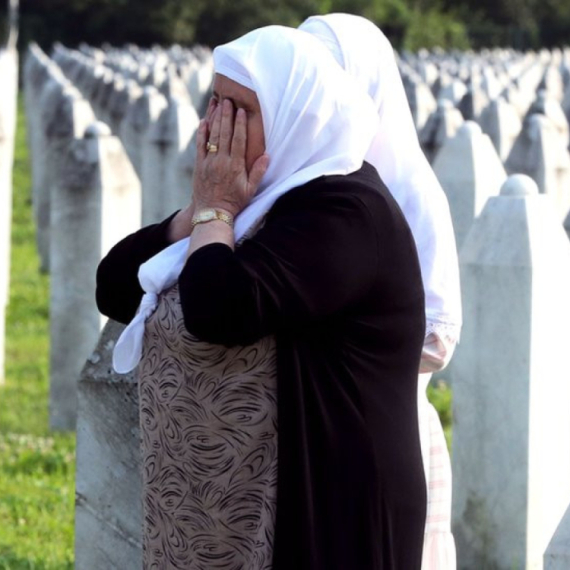
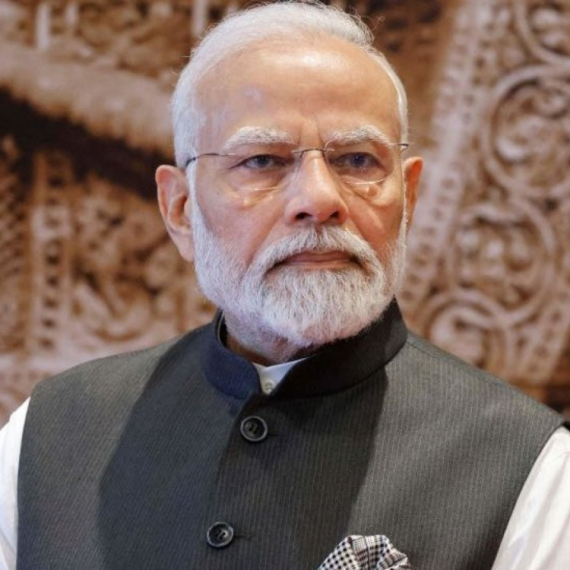
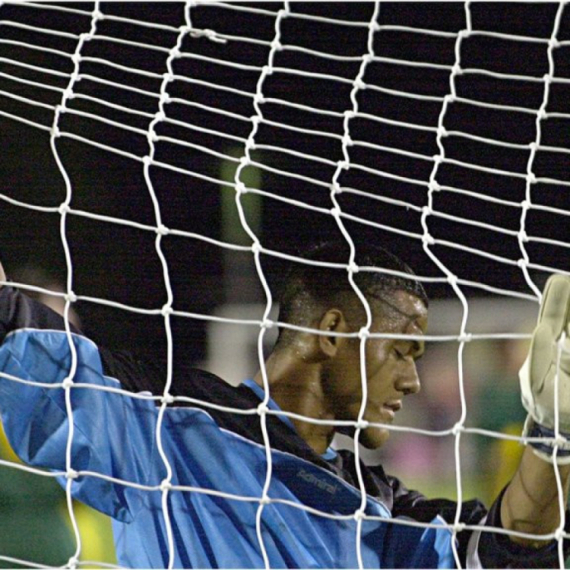
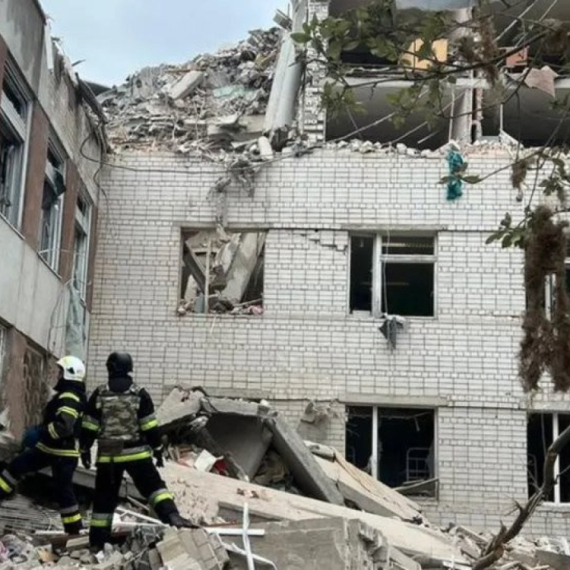

Komentari 6
Pogledaj komentare